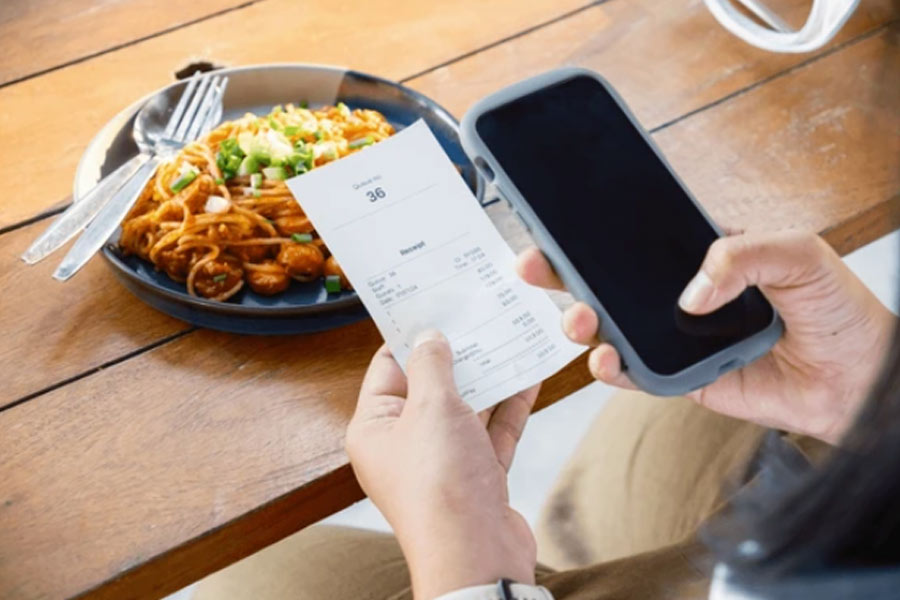The Central Consumer Protection Authority (CCPA) has taken suo motu cognisance against five Delhi restaurants — Makhna Deli, Xero Courtyard, Castle Barbeque, Chaayos, and Fiesta by Barbeque Nation — for failing to refund mandatory service charges to consumers despite a judgment of the Delhi High Court.
The consumer panel has issued notices under the Consumer Protection Act, 2019, directing these establishments to refund the service charge amounts.
The move follows multiple complaints received on the National Consumer Helpline (1915) regarding the restaurants’ continued practice of levying mandatory service charges and refusing refunds, according to a PIB statement.
The consumer panel’s action aims to reduce undue pressure on consumers at the time of availing services at restaurants, reinforcing that no hotel or restaurant can compel a consumer to pay a service charge or collect such charges under any other name.
The panel had earlier issued comprehensive guidelines on July 4, 2022, to curb unfair trade practices and safeguard consumer interests concerning service charges levied by hotels and restaurants.
According to these guidelines, no hotel or restaurant is permitted to add a service charge automatically or by default to the food bill.
Furthermore, service charges must not be collected under any alternative nomenclature.
Establishments must make it explicitly clear to consumers that payment of a service charge is voluntary, optional, and entirely at the consumer’s discretion.
No restrictions on entry or provision of services based on the payment of service charge may be imposed, and service charges cannot be combined with the food bill to levy Goods and Services Tax (GST) on the total amount.
On March 28, the Delhi high court upheld these guidelines issued by the CCPA.
Despite this ruling, the CCPA, acting on complaints registered with the National Consumer Helpline, found that certain restaurants continued to impose mandatory service charges without prior consent from consumers.
This practice was deemed a violation of consumer rights and an act of unfair trade practice under the Consumer Protection Act, 2019.
The Central Consumer Protection Authority, established under Section 10 of the Consumer Protection Act, 2019, holds the mandate to regulate matters related to the violation of consumer rights, unfair trade practices, and false or misleading advertisements detrimental to the interests of the public and consumers at large.










